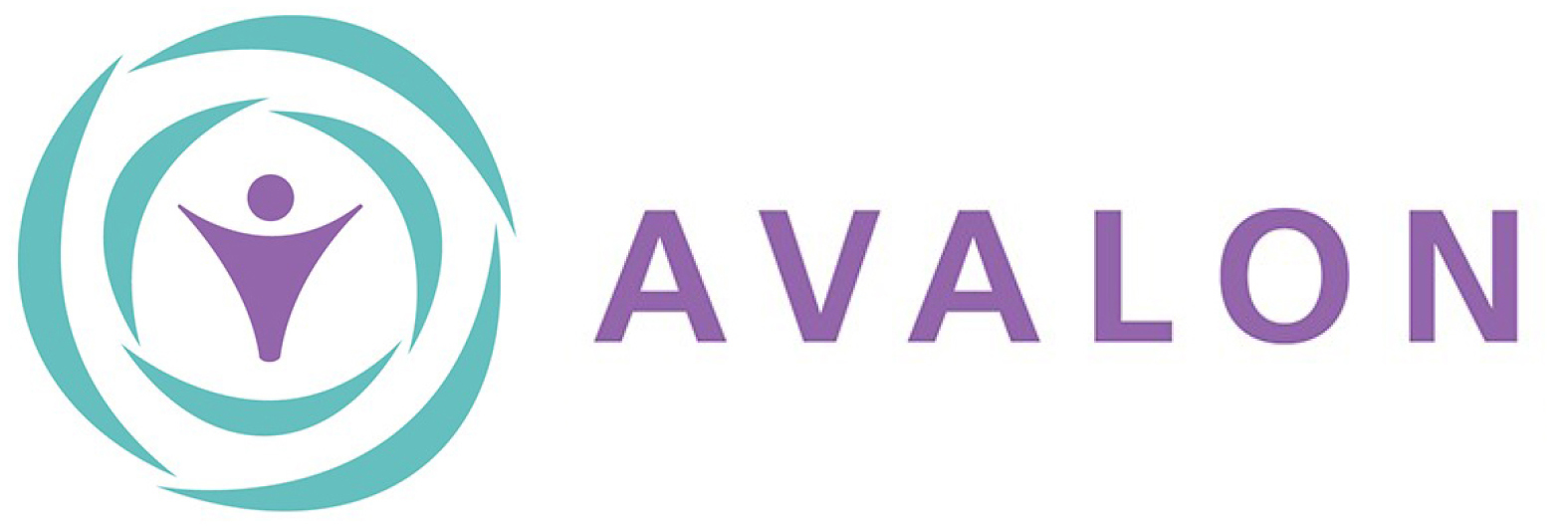Maggie Kuhn was an American activist that dedicated her life to fighting for social and economic justice, human rights, and peace, and who is perhaps best known for the inspirational quote, “Stand before the people you fear, and speak even if your voice shakes.” Speaking – using our voices – comes in many forms: from silence to whispers to screams. Survivors of sexualized violence show bravery, strength, and resilience in the face of interpersonal, community, and systemic injustice when we use our voices. In the face of economic, legal, and cultural penalties and punishments, our voices – our hope for a world free of sexualized violence and the socio-political culture that allows injustice to flourish – lead to change, justice, and revolution.
Survivors of sexualized violence have been fighting injustice – in the courtroom, in the classroom, online, and in the streets for decades. Mobilization can take on many forms, from advocating for change in legal processes, like Carrie Low did, to raising awareness by adding a #hashtag to an online movement. Every survivor’s story – their voice – matters.

Image by 微博/微信:愚木混株 Instagram:cdd20 from Pixabay
In my job, I encounter hundreds of people every year: I have conversations about consent, healthy relationships, and boundaries with youth, I teach post-secondary students about community approaches to ending violence, I train service providers on the principles of trauma-informed practice and healing centered engagement, I work with survivors and communities navigating the legal system. Through this work I am struck by the theme of voice: the common experience of sexualized violence being particularly harmful because of the theft of a survivor’s voice (and choice and agency and control) and the power of voice in healing, individually and collectively.
Time and time again, I witness sexualized violence used as a tool to silence survivors. I hear stories of people who have risked it all – their employment, their education, their families, their identities, their health, their safety – they have spoken up and been invisibilized by perpetrators, by services, by systems. And still we whisper and speak and scream. I also witness the power of survivors advocating for change: within their families, communities, the systems we live within, and the world as a whole. Whether they are remaining silent to protect their children and loved ones, or volunteering on a phone line to provide anonymous peer support, or marching in the streets to demand justice, the stories of survivors can inspire us to build a world free of sexualized violence.
At the end of every workshop, class, and training session that I facilitate, I pose a question: what does a world free of sexualized violence and structural oppression look like? And I pose a call: what action can you take – big or small (every action and response matters) – to achieve that vision? I invite you to join in this re-imagining and this commitment and use your voice to stand in solidarity with survivors, even if your voice shakes.
Dee Dooley
Coordinator , Community/Legal Education and Training
